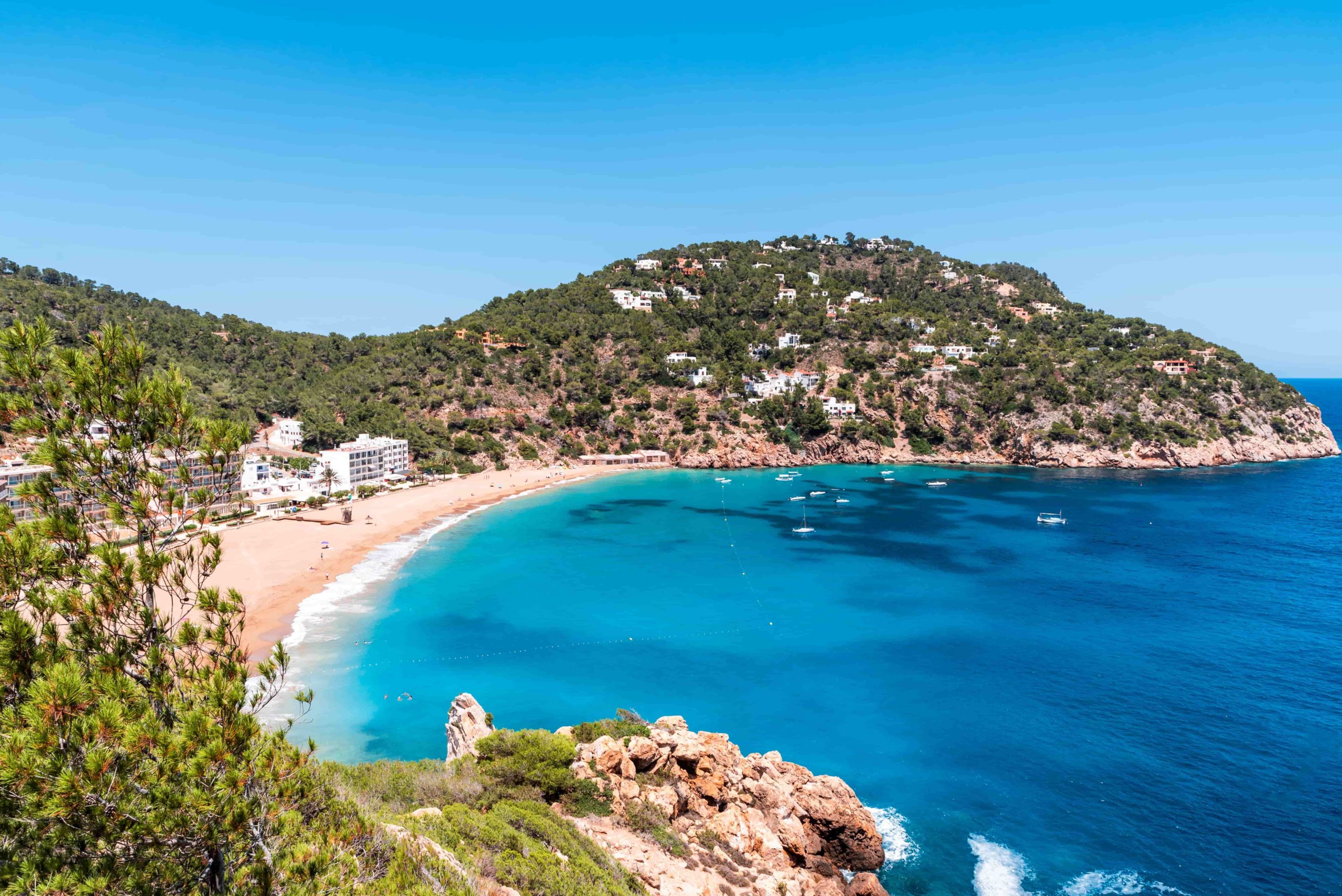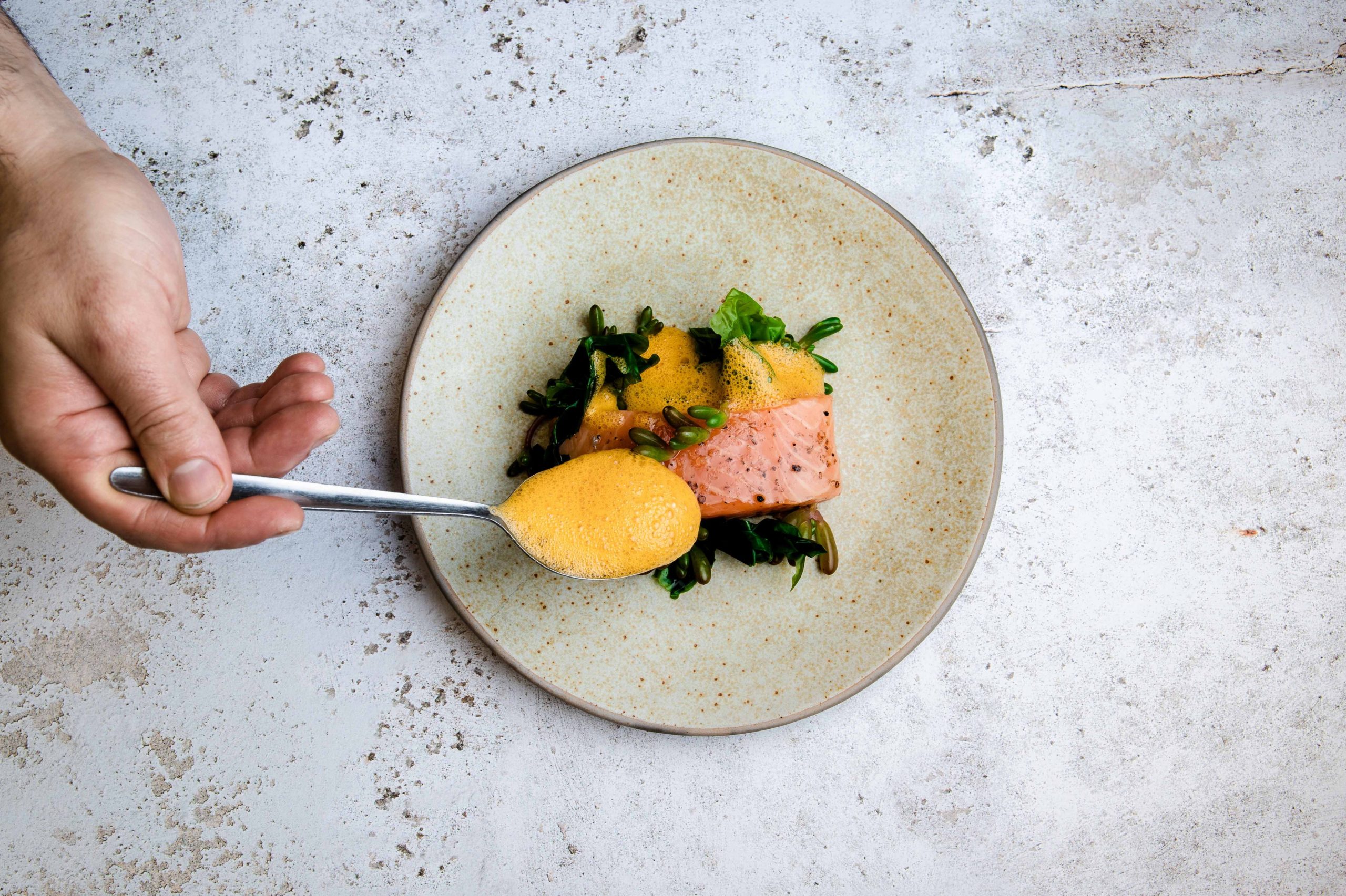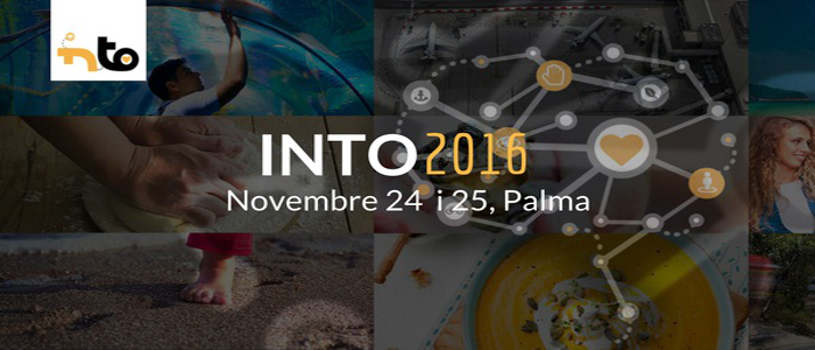The International Innovation and Tourism Seminar 2016 took place in Parc Bit, Mallorca and focused on ideas to reduce seasonality and overall improve tourism. There were two sessions: the first was focused on the impacts of seasonality in tourism and the second was focused on creating sustainable and responsible tourism experiences.
During the 24 – 25 of november a new edition of the International Innovation and Tourism Seminar, INTO2016, took place in Parc Bit (Palma de Mallorca). During this event experts from the academic and professional world shared ideas, knowledge and tools to improve the client’s experience, increase competitivity and to study the creation of new touristic products with the purpose of reducing seasonality.
The event was inaugurated by the innovation, investigation and tourism vice president and councillor Gabriel Barceló. He emphasized the challenge of extending the tourist season in the Balearic Islands through the creation of touristic products and experiences that are sustainable and responsible (economically and socially), to improve connectivity and the implication of the sector’s tourism agents.

The program then continued with José Luis Pastor, founder and CEO of various significant companies in the industry, such as “Rethink Marketing”, “Lapplab” and “A million monkeys”, that introduced the seminar with the presentation “State of the art about the experiential economy: The tourism case”. During his lecture, he highlighted the relevance of attending the new type of digital consumer, someone more connected and collaborative, who wants to interact with brands and feel part of a community. A new client that demands personalized experiences, brands and products to which he can relate with and feel connected, as well as companies that allow a customization of their out of the ordinary products. Pastor concluded his lecture stressing that “in conventional markets, the key to success is to transform the brand into a story that is worth sharing”.
The first session: “The impacts of seasonality in tourism: social, economical and labour aspects” by Joan Enric Capellà, founder of SOM, Maria del Mar Ribas, Eugeni Aguiló and Javier Rey-Maquieira.

During this session the speakers talked about developing and boosting new innovative touristic products focused on authentic experiences from the destination in order to attract visitors out of the summer season. They also emphasized the need of better communication and ties between the public administration and the private sector in the tourism industry, in order to improve connectivity, infrastructure, services and labour. In this way massification will be prevented and therefore damage of the destination’s image and the overuse of resources during the high season months.
The second session of the seminar was about “How to create sustainable and responsible tourism experiences”, introduced by Bárbara Neuhofer, Natalia Tur and José Antonio Pérez-Aranda. They explained that the challenge of the tourism sector should be creating unique, dynamic and personalized experiences, taking them to the next level for a more connected, educated and knowledged consumer, that doesn’t travel alone, carrying with him his entire network of contacts and produces and uploads content. They also highlighted that companies, government, tourists and residents are crucial in creating value, selling memories and experiences, initiating the trip much earlier and extending it much after their departure. To end the session, they concluded that the key of experiential tourism is to focalize these experiences to the niche market in which the company is interested in, to guarantee that clients will participate actively and take home memorable, unique and extraordinary memories of their trip.

The first day’s closing act was a workshop directed by José Cantero, about “Design of innovative experiences to reduce the seasonality of the destination”. In this workshop dynamic, creative and lateral thinking and empathy were put into practice to create experiences, and value-adding success stories that helped to increase companies economical results.








